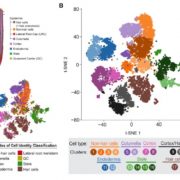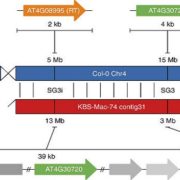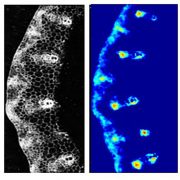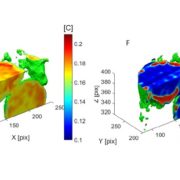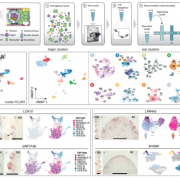An inducible protein degradation system for rapid depletion of target proteins
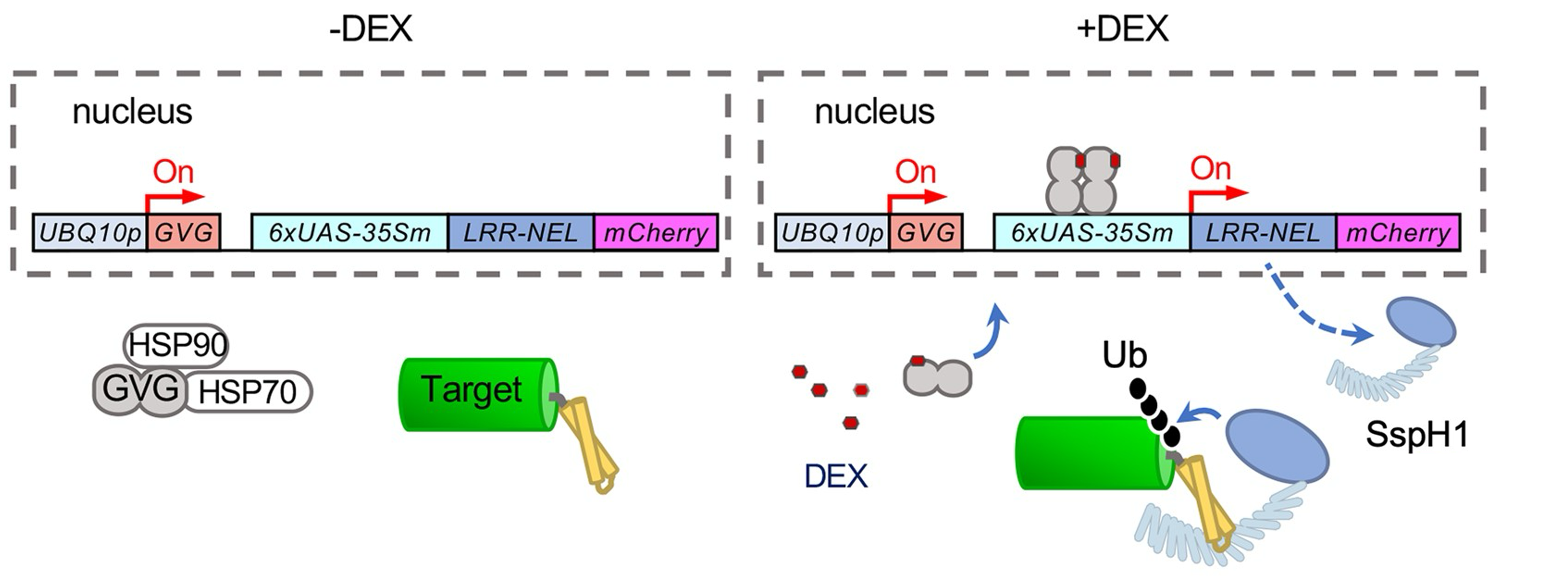 Targeting a given protein for degradation at a specific time can be very useful when investigating its function in the cellular context. In this paper, Huang et al. present an inducible protein degradation system tailored for plants, named E3-DART. The system is based on the specific interaction between the type III bacterial effector Salmonella-specific protein H1 (SspH1) and the homology region 1b (HR1b) of its human target, the protein kinase N1 (PKN1). SspH1 binds HR1b with high specificity and ubiquintinates it, thus targeting it for degradation. The authors leveraged this interaction to engineer a minimal version of SspH1 capable of targeting any HR1b-tagged protein, both in transient expression assays (agroinfiltration) and in stably trasnformed lines. To make the system inducible, they used the GAL4-VP16-GVG transcriptional module, where the GVG transcription factor, under the control of a ubiquitin promoter, is activated by the application of dexamethanose and thereafter binds to the GAL4 promoter to induce the transcription of their engineered SspH1 protein. In turn, SspH1 ubiquitinates any protein containing the HR1b domain and depletes its amount in as short as 3 hours. E3-DART is to date one of the only two protein degradation systems developed for plants and holds great potential for the conditional knock-out of desired proteins in a short timeframe. (Summary by Carlo Pasini @Crl_Psn) Plant Cell 10.1093/plcell/koae072
Targeting a given protein for degradation at a specific time can be very useful when investigating its function in the cellular context. In this paper, Huang et al. present an inducible protein degradation system tailored for plants, named E3-DART. The system is based on the specific interaction between the type III bacterial effector Salmonella-specific protein H1 (SspH1) and the homology region 1b (HR1b) of its human target, the protein kinase N1 (PKN1). SspH1 binds HR1b with high specificity and ubiquintinates it, thus targeting it for degradation. The authors leveraged this interaction to engineer a minimal version of SspH1 capable of targeting any HR1b-tagged protein, both in transient expression assays (agroinfiltration) and in stably trasnformed lines. To make the system inducible, they used the GAL4-VP16-GVG transcriptional module, where the GVG transcription factor, under the control of a ubiquitin promoter, is activated by the application of dexamethanose and thereafter binds to the GAL4 promoter to induce the transcription of their engineered SspH1 protein. In turn, SspH1 ubiquitinates any protein containing the HR1b domain and depletes its amount in as short as 3 hours. E3-DART is to date one of the only two protein degradation systems developed for plants and holds great potential for the conditional knock-out of desired proteins in a short timeframe. (Summary by Carlo Pasini @Crl_Psn) Plant Cell 10.1093/plcell/koae072



